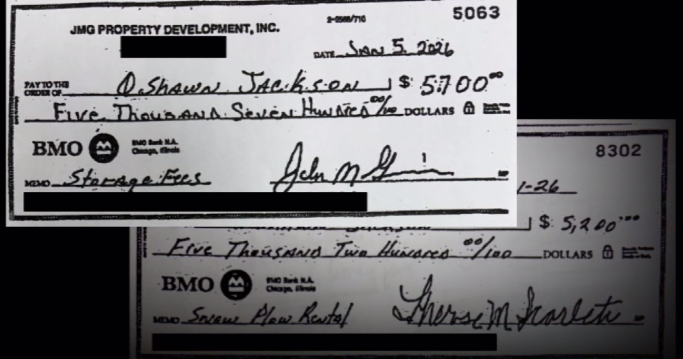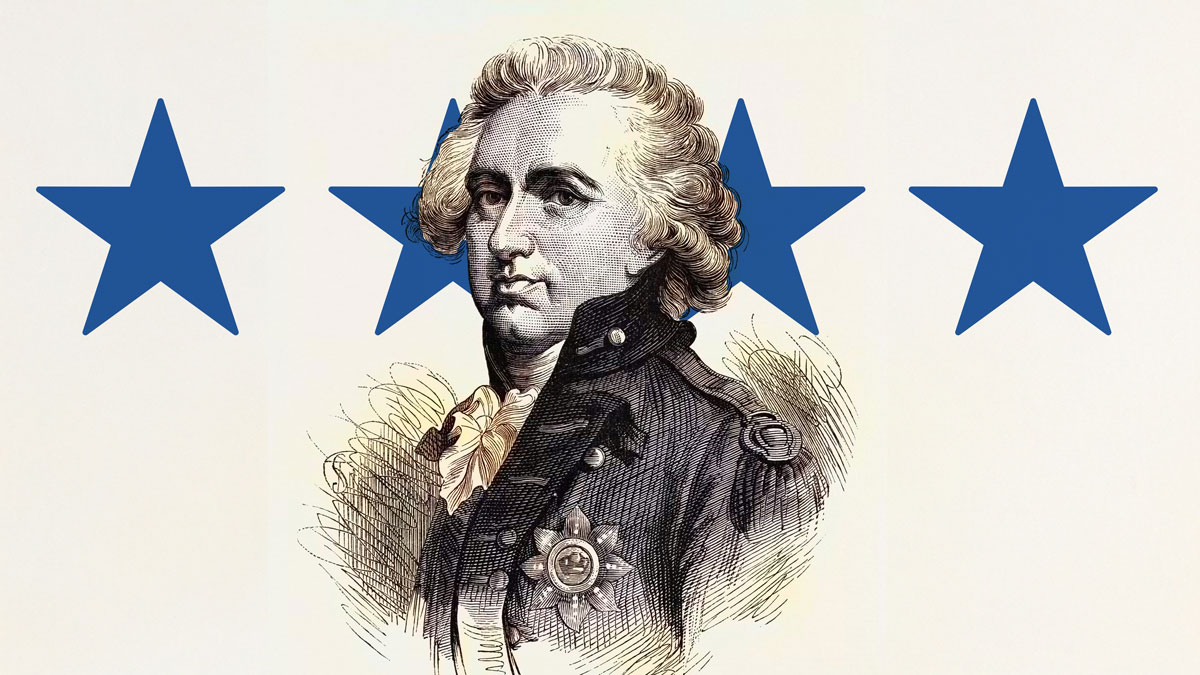How much life insurance do I need?
Life insurance policies shouldn't require a lot of upkeep. Once you choose a life insurance plan you're comfortable with, then think of it like just another bill you pay for security and peace of mind.
There are many types of life insurance policies to pick from and what's considered the "best" really comes down to the individual. Are you looking for a $50,000 life insurance plan or one that's closer to $1 million? You may qualify for both but the exact amount each individual needs depends on their own personal financial situation and goals.
Whether you're looking to purchase life insurance for the first time or simply want to add to your current policy now is a good time to act. Start by getting a free price estimate.
How much life insurance do I need?
How much life insurance you need is specific to your own individual circumstances and standard of living. Here are four things you should consider when determining exactly how much coverage you need.
Finances
Are you set financially or are you still years away from paying for expenses like your children's college education? Where you are financially in your life will help determine how much life insurance you need.
If you have debt, consider who will pay it if you die. If your home is paid off and your kids are grown and out of the house you may need less insurance than someone with the opposite circumstances.
You'll also want to take your current income into account. If you're the sole income earner, then you'll likely need more coverage than if you were married with two sources of income.
Health
Life insurance companies will want to determine your health before agreeing to insure you. If you have pre-existing conditions or are currently coping with health issues or an illness then you may have higher premiums.
You should be honest about how you feel and what your plans are should an emergency arise. It's better to be safe than sorry and that may mean taking out more life insurance than you think you currently need. You'll typically have to take a medical exam before an insurer signs off on your application.
There are no-exam life insurance options but those tend to be pricier, although coverage is essentially guaranteed. Make sure to weigh the pros and cons and do a cost-benefit analysis before choosing this option.
Get a free life insurance price quote here now to learn more.
Goals
What are you trying to accomplish by having a life insurance policy? Do you want it to just cover-end-of life expenses like a wake, funeral and burial? In that case, you'll need significantly less than if you wanted a policy to cover an existing mortgage loan. Similarly, if you want a policy to serve as a nest egg for beneficiaries the amount can range significantly, depending on how much you want to leave loved ones.
Understand exactly which goals you want a life insurance policy to help establish first. This will help you narrow down an exact amount to apply for.
Standard of living
What standard of living are you and your family used to? Sure, insurance can cover the basics but if you only insure yourself for that - and are used to living (and have bills) at a higher cost - your insurance amount should be set accordingly.
If you don't have life insurance or are unsure if you have the right amount, act today. You can get the latest information on providers, review local companies and compare rates now. Use the table below to get started.
What is life insurance?
To help better determine how much life insurance you need, it's helpful to understand what life insurance actually is and why it may be necessary for both you and your family.
Life insurance is insurance that covers you, the individual, in the event of your death. Similar to how car insurance covers your vehicle if there's been an accident and home insurance covers damage or repairs to your dwelling, life insurance covers you monetarily after you have died. In exchange for payments made directly to an insurance company or through other means (like an employer), an insurance company will pay your beneficiaries an agreed-upon lump sum in the event of your death.
You don't necessarily need to die to get paid, however. Depending on the terms and conditions of the insurance plan you have, other instances (like terminal or severe sickness) could also trigger a payout.
There are two primary types:
- Term life insurance: Term life insurance refers to a pre-determined set amount of time in which you'll be insured
- Whole life insurance: Whole life insurance, which remains active for a full lifetime, comes with a unique cash-out option that allows policyholders to use their policy while they're alive. Just note that, because of the cash factor, whole life insurance policies are typically more expensive than term plans. And you won't have immediate access to cash once the policy goes live. You'll still need an adequate cash amount in the account before you can use it (and it takes time to build that up).
It helps to consult a life insurance expert. They can answer any questions you may have and help you get started with a policy that you can access for cash.
Why do I need life insurance?
You need life insurance for the same reason you need all other forms of traditional insurance: To protect yourself and your family when unforeseen events occur. The financial impact a loved one's death can cause would be significantly reduced if the person had life insurance and was covered for an appropriate amount.
How much should I pay for life insurance?
When considering how much life insurance you need, the question of cost will inevitably arise. As with many personal financial products, it's best to shop around to compare rates and services in order to get the best deal for you and your family. With that being said, it's difficult to provide a standard range for how much someone should pay for life insurance since there are so many factors involved.
Besides comparison shopping, however, there are some reliable ways to get inexpensive life insurance. This includes signing up with a plan early (life insurance will only become more expensive as you age), choosing term versus whole life insurance (whole has that cash option but it's also usually pricier) and paying annually (some companies will provide a discount if you pay in one lump sum each year versus paying monthly).
There are other ways to get inexpensive but reliable life insurance plans. Speak to a life insurance expert today who can help steer you in the right direction.




